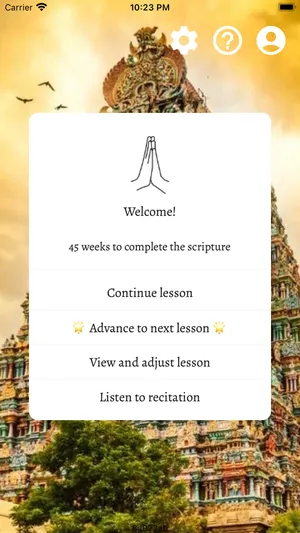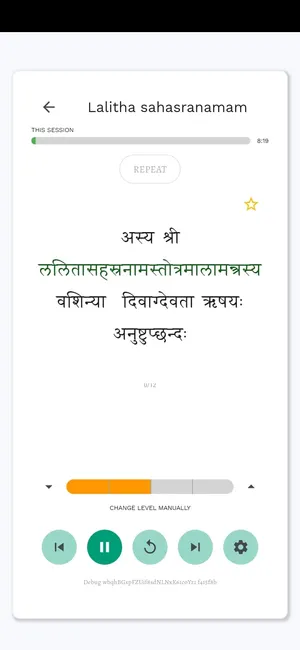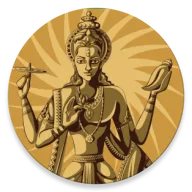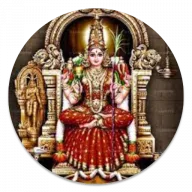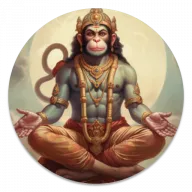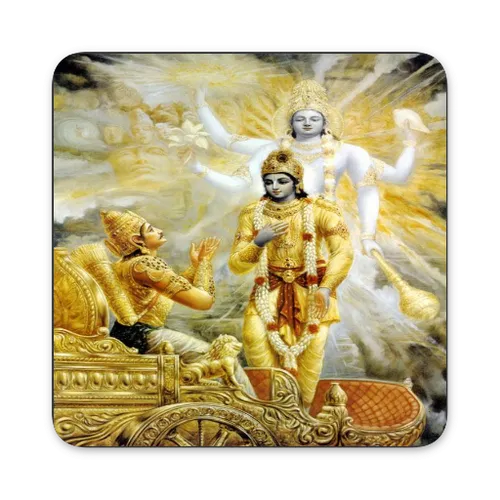
Learn Bhagavad Gita
The Bhagavad Gita is one of the most profound and revered scriptures in the world, forming a central part of the Indian epic Mahabharata. Presented as a dialogue between Lord Krishna and the warrior prince Arjuna on the battlefield of Kurukshetra, the Gita addresses the timeless questions of duty, righteousness, and the purpose of life. At the start of the war, Arjuna is overcome with sorrow and moral confusion, unwilling to fight against his own relatives and teachers. In response, Lord Krishna imparts divine wisdom, guiding him to rise above despair and act according to dharma (righteous duty). The Gita unfolds as a philosophical and spiritual discourse, covering diverse paths such as karma yoga (selfless action), bhakti yoga (devotion), jnana yoga (knowledge), and dhyana yoga (meditation). Its teachings transcend religion and culture, offering practical guidance for modern life. It emphasizes detachment from the fruits of action, self-discipline, inner strength, and devotion to the Divine. The central message is to live a life of purpose, harmony, and surrender while fulfilling one’s responsibilities with clarity and courage. The Bhagavad Gita continues to inspire spiritual seekers worldwide, serving as a universal manual for righteous living, self-realization, and inner peace.



